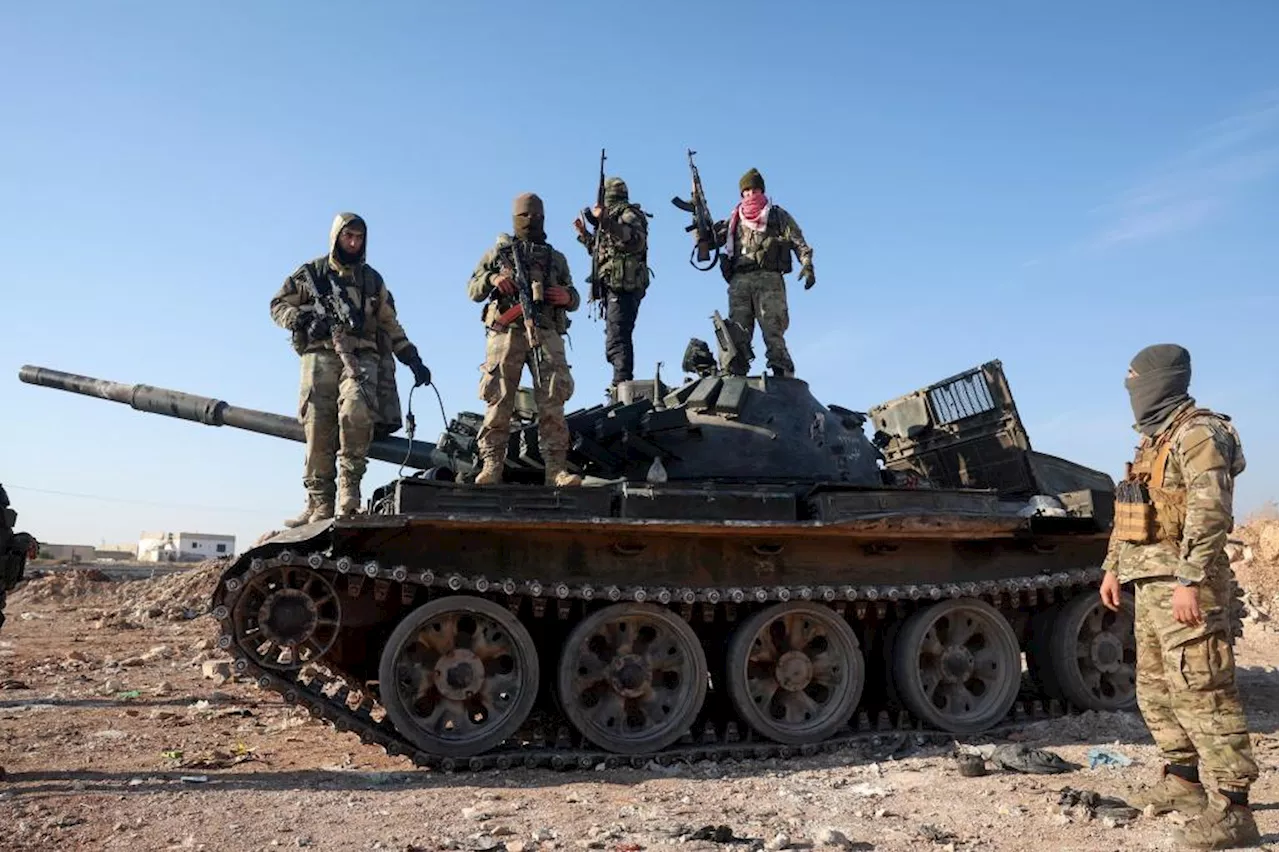United States can make strategic advances in the region, using both meaningful incentives and credible threats.
How can the United States take advantage of the great but tricky strategic opportunity that the fall of Bashar Assad’s tyranny in Damascus offers us? Mainly through a combination of meaningful incentives for, and credible threats against, our enemies, frenemies, allies and would-be friends. Let’s go down the list.
How? The legal basis is full application of the U.N. Security Council’s Resolution 1701, which insists “there will be no weapons or authority in Lebanon other than that of the Lebanese state.” Hezbollah has brazenly flouted the demand for 18 years. Donald Trump can help enforce it by declaring in one of his social media posts that he will not consider Israel bound to honor its ceasefire deal with Hezbollah until the group fully disarms.
As for the next Trump administration, it should present Iran with a choice — and a dare. The choice, to put it in the colloquial Trumpese, would go something like this: “IF IRAN’S EVIL LEADERS GO FOR NUKES, WE WILL GO AFTER THEM!” That is, the regime will put its own existence at risk if it attempts to dash toward a bomb. Ayatollah Ali Khamenei, Iran’s supreme leader, fresh from his many losses, will get the point.
Now that Israel is the war’s clear victor, it needs to bring its hostages home. Let Hamas try to rule from the ruins it made.Chinese gold mine encroaches on UN protected site in Congo
United States Latest News, United States Headlines
Similar News:You can also read news stories similar to this one that we have collected from other news sources.
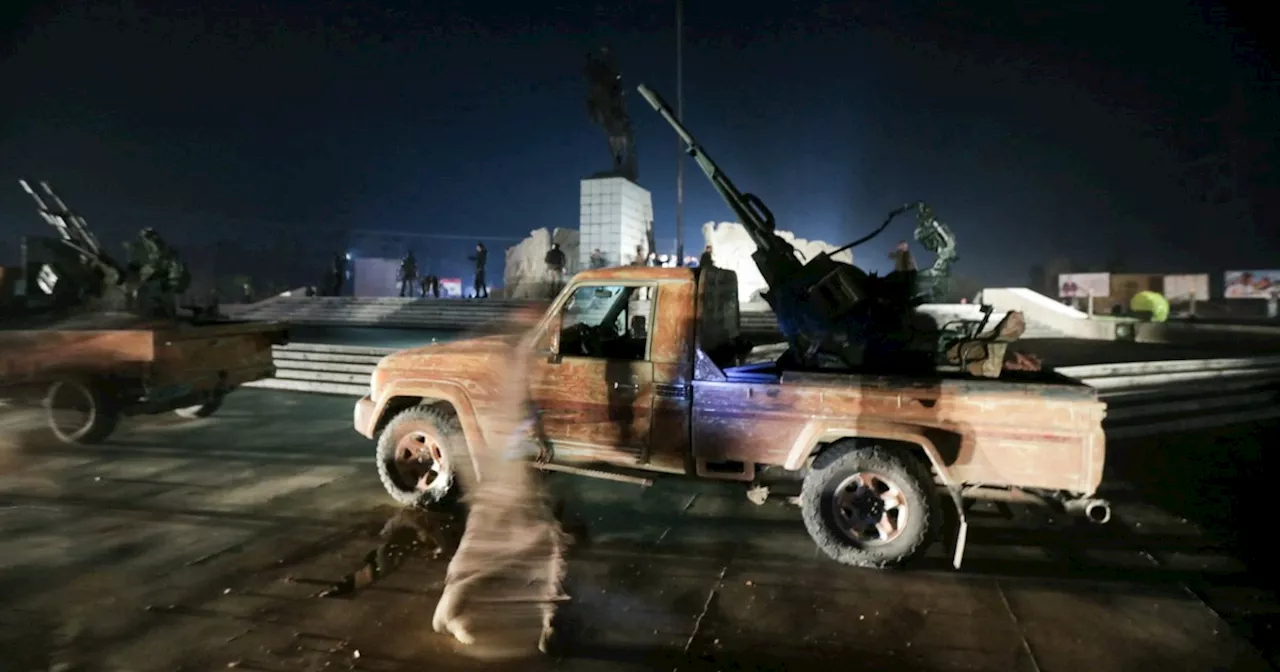 Rebel Offensive Rekindles Syria's Civil War Amidst Middle East ConflictSyria's 13-year civil war has resurfaced due to a surprise rebel assault on Aleppo, where security forces have withdrawn and Hayat Tahrir al-Sham militants have taken control of the majority of the city. This resurgence of conflict in Syria coincides with Israel's ongoing battle against Iran-backed Hamas and Hezbollah in Gaza and Lebanon, raising concerns about additional fronts opening in the Middle East. Meanwhile, a World Central Kitchen vehicle was hit by an Israeli airstrike in Gaza, highlighting the complex and intertwined nature of these conflicts.
Rebel Offensive Rekindles Syria's Civil War Amidst Middle East ConflictSyria's 13-year civil war has resurfaced due to a surprise rebel assault on Aleppo, where security forces have withdrawn and Hayat Tahrir al-Sham militants have taken control of the majority of the city. This resurgence of conflict in Syria coincides with Israel's ongoing battle against Iran-backed Hamas and Hezbollah in Gaza and Lebanon, raising concerns about additional fronts opening in the Middle East. Meanwhile, a World Central Kitchen vehicle was hit by an Israeli airstrike in Gaza, highlighting the complex and intertwined nature of these conflicts.
Read more »
 Middle East conflict live updates: Syria’s military counterattacks after rebels seize AleppoSyrian rebels have launched a surprise offensive against Syrian President Bashar al-Assad’s regime, a significant escalation in Syria’s civil war, which is raising concerns about a potential wider regional conflict in the Middle East. NBC News’ Matt Bradley reports from Beirut.
Middle East conflict live updates: Syria’s military counterattacks after rebels seize AleppoSyrian rebels have launched a surprise offensive against Syrian President Bashar al-Assad’s regime, a significant escalation in Syria’s civil war, which is raising concerns about a potential wider regional conflict in the Middle East. NBC News’ Matt Bradley reports from Beirut.
Read more »
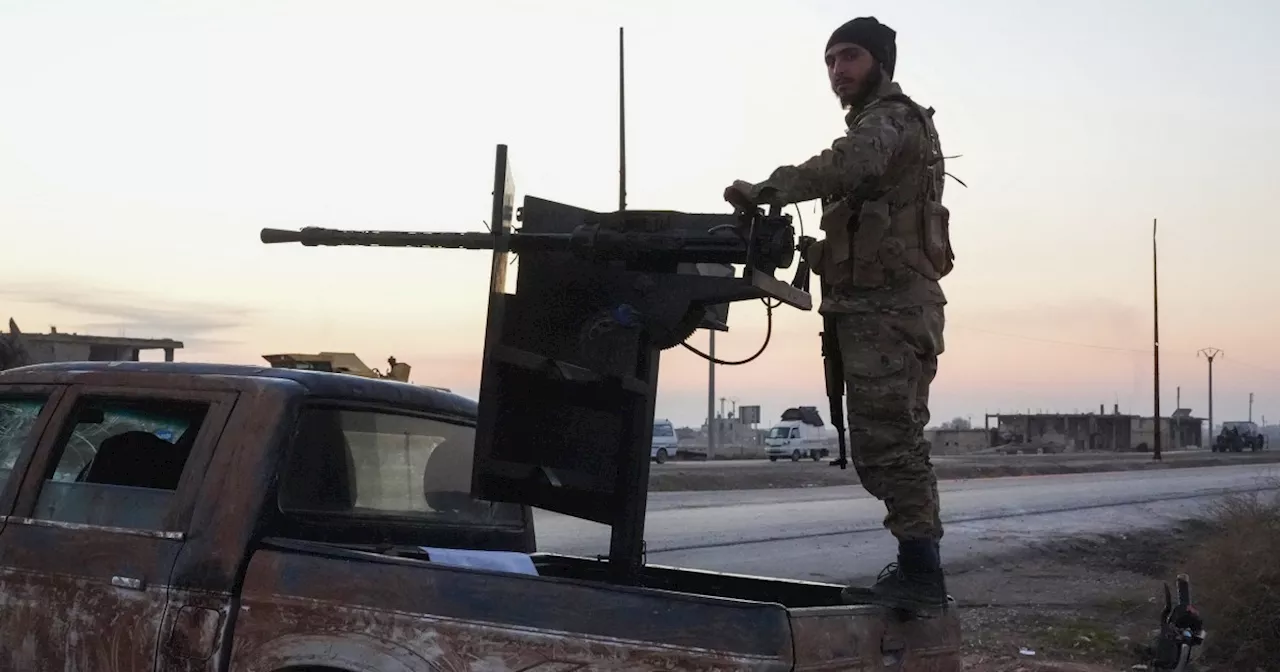 Middle East conflict live updates: Battles rage in Syria, Israel and Hezbollah trade fire threatening truceIsrael's military said an Israeli-American soldier, Omer Neutra, was killed in the Oct. 7 Hamas attack in Israel and that his body is being held in Gaza. And in a propaganda video released by Hamas, another Israeli-American hostage appealed to President-elect Trump to secure the release of the captives.
Middle East conflict live updates: Battles rage in Syria, Israel and Hezbollah trade fire threatening truceIsrael's military said an Israeli-American soldier, Omer Neutra, was killed in the Oct. 7 Hamas attack in Israel and that his body is being held in Gaza. And in a propaganda video released by Hamas, another Israeli-American hostage appealed to President-elect Trump to secure the release of the captives.
Read more »
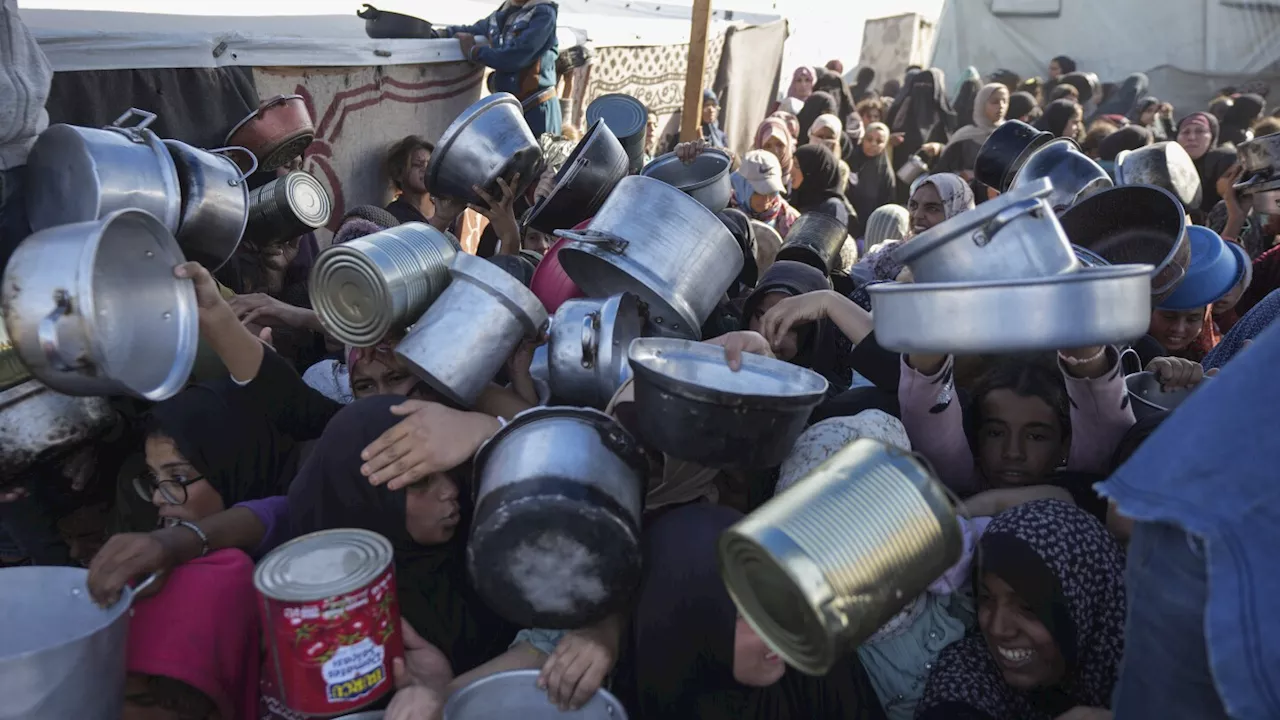 Middle East latest: Israeli strikes continue in Gaza and neigbors close their borders with SyriaPalestinian officials say at least 29 people were killed, including four medical staff, when Israeli strikes pummeled the area around one of the last remaining hospitals in northern Gaza. The situation in and around the Kamal Adwan hospital is “catastrophic,” according to Dr. Hussam Abu Safia, the director of the hospital.
Middle East latest: Israeli strikes continue in Gaza and neigbors close their borders with SyriaPalestinian officials say at least 29 people were killed, including four medical staff, when Israeli strikes pummeled the area around one of the last remaining hospitals in northern Gaza. The situation in and around the Kamal Adwan hospital is “catastrophic,” according to Dr. Hussam Abu Safia, the director of the hospital.
Read more »
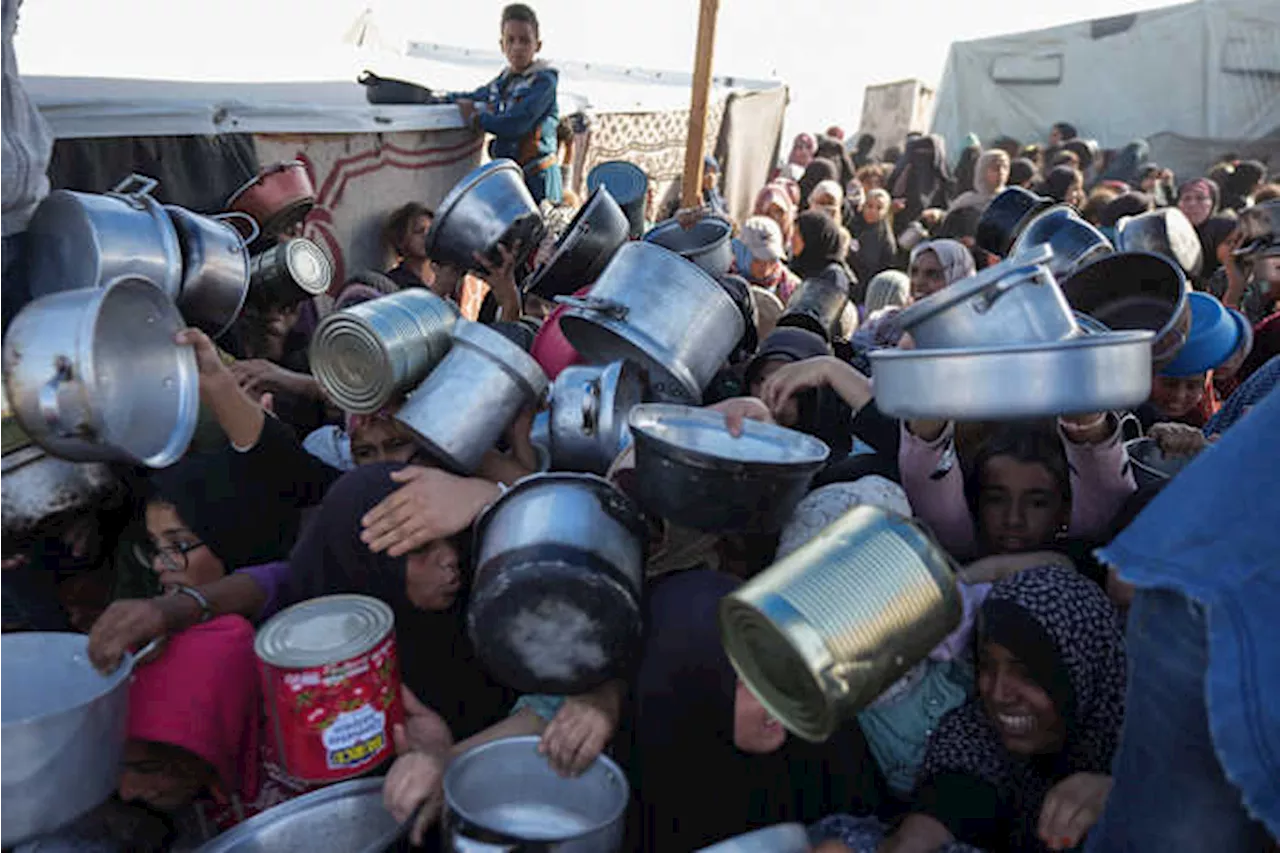 Middle East latest: Israeli strikes continue in Gaza and neigbors close their borders with SyriaPalestinian officials say at least 29 people were killed, including four medical staff, when Israeli strikes pummeled the area around one of the last remaining hospitals in northern Gaza.
Middle East latest: Israeli strikes continue in Gaza and neigbors close their borders with SyriaPalestinian officials say at least 29 people were killed, including four medical staff, when Israeli strikes pummeled the area around one of the last remaining hospitals in northern Gaza.
Read more »
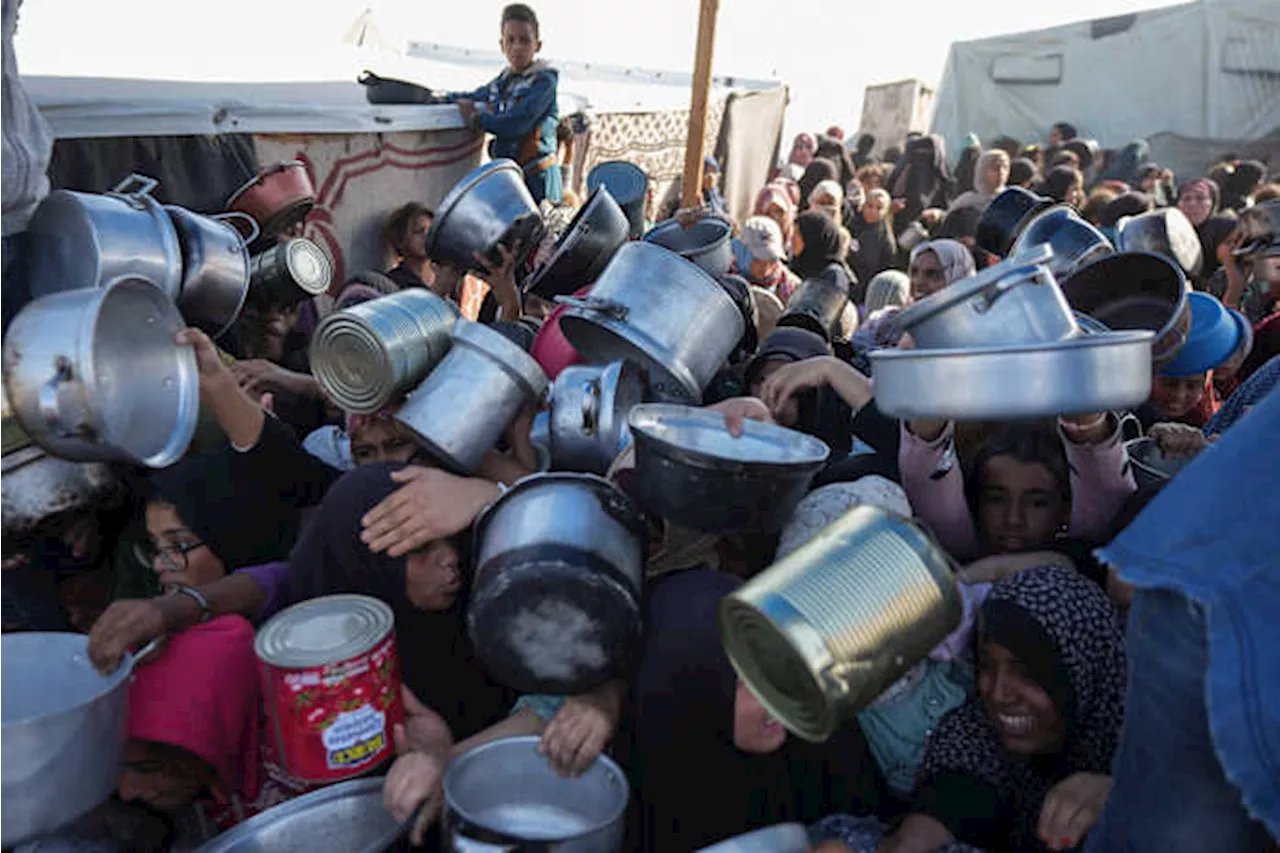 Middle East latest: Israeli strikes continue in Gaza and neigbors close their borders with SyriaPalestinian officials say at least 29 people were killed, including four medical staff, when Israeli strikes pummeled the area around one of the last remaining hospitals in northern Gaza.
Middle East latest: Israeli strikes continue in Gaza and neigbors close their borders with SyriaPalestinian officials say at least 29 people were killed, including four medical staff, when Israeli strikes pummeled the area around one of the last remaining hospitals in northern Gaza.
Read more »
